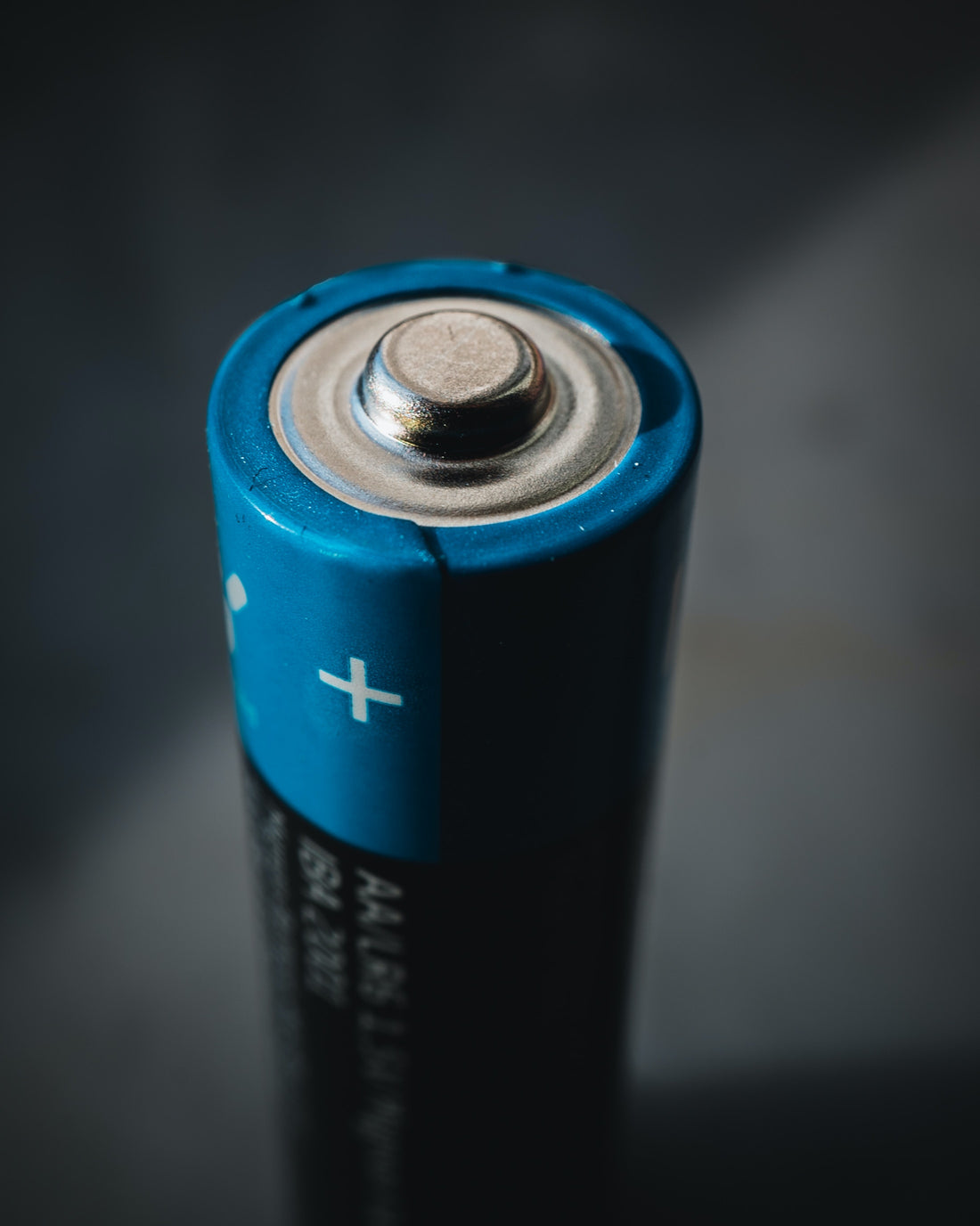
Lithium vs. Lead Acid Batteries: Powering Your Trolling Motors, Fishfinders, Electronics, and Outboard Motors
Share
When it comes to powering essential marine equipment like trolling motors, fish finders, electronics, and outboard motors, the choice of battery is crucial. Two popular options that often come into consideration are lithium and lead acid batteries. Each has its own set of advantages and considerations. In this blog post, we'll explore the key differences between these battery types, helping you make an informed decision for your marine adventures.
- Energy Density and Weight: One of the significant advantages of lithium batteries is their superior energy density. Lithium batteries are known for their high energy-to-weight ratio, meaning they provide more power in a smaller, lighter package. This advantage is particularly beneficial for boaters seeking enhanced maneuverability and longer runtimes, as the lighter weight reduces overall boat weight and improves efficiency.
On the other hand, lead acid batteries are heavier and bulkier due to their lower energy density. However, they are often more affordable upfront, which may appeal to those on a tighter budget.
- Capacity and Runtime: Lithium batteries typically offer a higher capacity and longer runtime compared to lead acid batteries. Their ability to provide consistent power throughout their discharge cycle ensures reliable performance for extended periods. This advantage is particularly desirable for anglers and boaters who plan on spending extended hours on the water without worrying about battery life.
Lead acid batteries, while they may have a lower capacity and shorter runtime, can still provide sufficient power for shorter trips or occasional use. They are often considered more suitable for boaters who prioritize cost-effectiveness over extended runtimes.
- Charging Efficiency and Maintenance: Lithium batteries have a higher charging efficiency compared to lead acid batteries. They can be charged more quickly, allowing you to spend less time waiting and more time enjoying the water. Additionally, lithium batteries have a longer lifespan and require minimal maintenance. They do not need periodic equalization or watering like lead acid batteries, making them a convenient choice for boat owners seeking hassle-free solutions.
Lead acid batteries, on the other hand, require regular maintenance and may need to be periodically equalized to maintain their performance. They are also more sensitive to improper charging practices and should be handled with care to avoid damage.
- Environmental Considerations: Lithium batteries are often considered more environmentally friendly than lead acid batteries. They have a smaller carbon footprint and are generally safer for the environment. Additionally, lithium batteries do not contain toxic materials like lead or acid, reducing the risk of contamination in case of accidental spills.
Lead acid batteries, while widely recycled, still pose a risk of environmental pollution if not disposed of properly. Their maintenance requirements also involve handling potentially hazardous materials.
Conclusion: Choosing the right battery for your trolling motors, fishfinders, electronics, and outboard motors is essential to ensure optimal performance and a satisfying boating experience. While lithium batteries offer superior energy density, longer runtimes, and lower maintenance, lead acid batteries can be a more affordable option for occasional use or budget-conscious boaters.
Consider your specific needs, budget, and usage patterns when making a decision. If you prioritize lightweight, long-lasting power and quick charging, lithium batteries are likely the better choice. However, if cost-effectiveness and occasional usage are more important, lead acid batteries may be a suitable option.
